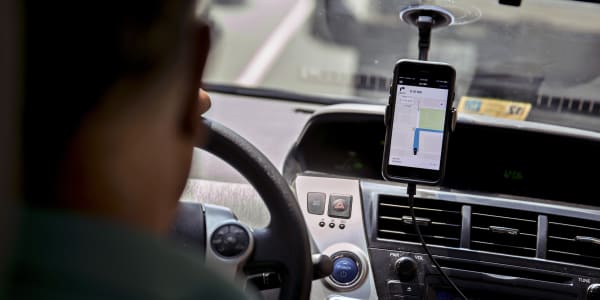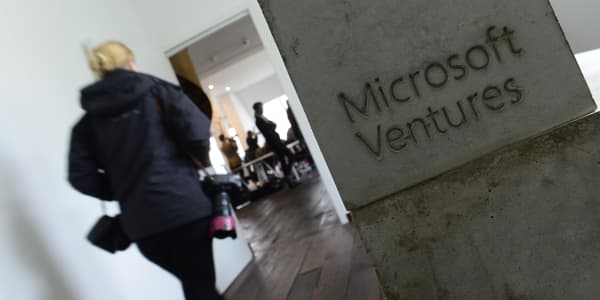
Transformative technology exists for the health-care and financial services industries, as well as education, but human behavior has to adapt for any positive changes to be effective, according to AOL co-founder Steve Case.
About 30 years ago, connecting the world over the internet was a major feat for companies like AOL, a feat that took about 10 years, according to Case, who reflects on the direction of the technology industry in a new book, "The Third Wave: An Entrepreneur's Vision of the Future."
But as those connections were made in what he calls the first wave of innovation in technology — software and apps being part of the second wave — it became clear that having the tools to change how consumers interact with technology wasn't quite enough, according to Case. For industries to really put existing tools and new technology to work there will have to be a third wave to change how industries actually implement new technologies, Case said in an interview with CNBC.
"I think the third wave is going to require the perseverance we saw in the first wave, because if we're really going to revolutionize health care or education or food or some of these other sectors, it's going to just take more time," Case said.
In health care, for instance, technology can be used to manage chronic diseases like diabetes and heart disease and provide more tailored health care to the individual consumer, Case told CNBC.
"There's a system right now that's not working that well. And I think you can provide better outcomes with greater convenience at lower cost as part of this third wave, only if you recognize that it's not just about the app, it's not just about the software. It's how do you work with doctors, how do you work with hospitals to change how they think about and deliver health in a much more convenient and precise kind of way. It's going to require this different mindset," Case said.
And in financial services, there's already been a shift among consumers now that start-ups are reaching those that bigger banks don't reach: Those with poor credit scores or no credit history at all, Case said.
"I think you'll see tremendous innovation coming from theperiphery, from entrepreneurs in the third wave that really areforcing the big financial services institutions to rethink whatthey are," he said.
And while computers and tablets have made their way into classrooms across the country, there hasn't been a major shift in how teachers teach, Case said.
"Yet we know kids learn differently. We know some people need more time, some people are more visual learners. So in the third wave we'll see more personalized adaptive approaches to learning," Case said.
Correction: This story was revised to correct that the title of Case's book is "The Third Wave: An Entrepreneur's Vision of the Future."







